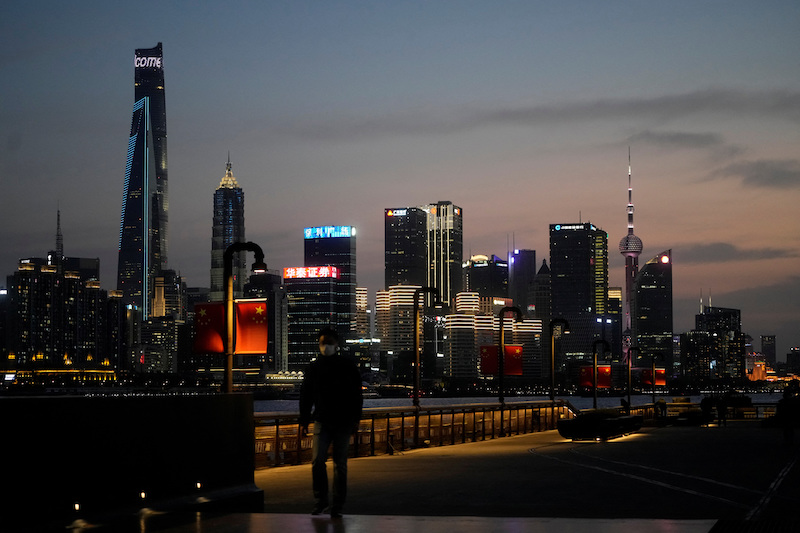China is putting increasing pressure on foreign companies doing business in its markets so they are more in line with its political agenda, a German study has found.
A survey of more than 100 companies by the Berlin-based Mercator Institute for China Studies, a think tank known as Merics, and the BDI industry association revealed that the threshhold for exerting pressure on companies is falling and that the number of cases where this has happened has risen significantly since 2018.
The researchers said that in addition to issues of national sovereignty, reports on the emergence of Covid-19, sanctions against Chinese companies like telecoms equipment maker Huawei or support for parties classified as anti-Chinese are now seen as “new red lines”.
The study, co-author Max Zenglein said, “was about recognizing a pattern of when and how China exerts pressure.”
In one case, German carmaker Daimler apologised several times to China in 2018 after running advertising with a quote from the Dalai Lama.
ALSO SEE: China Unemployment Payouts Hit a Record $5.2bn in June
Covid-19, Huawei
China has consistently denied allegations that the Covid virus was leaked from a specialist laboratory in the city of Wuhan, where it was first identified at the end of 2019.
Washington sees Huawei as an arm of the Chinese Communist Party’s global surveillance machinery, but Huawei has repeatedly denied spying for the Chinese state.
Foreign consumer goods companies in particular have been subject to boycotts in China, with Western textile firms targeted on social media in response to Western criticism of China’s treatment of the Uighur minority in the Xinjiang region.
“For fear of being targeted, companies may avoid addressing unfair treatment of foreign firms in China. Or they may consider it safest to align themselves with the Chinese government’s positions and goals,” the researchers wrote.
China’s foreign ministry said it could only comment once it had seen the full report.
- Reuters with additional editing by Jim Pollard
ALSO SEE:
Huawei Warns of Long Global Recession, Targets ‘Survival’
Mercedes-Benz Opens China R&D Unit Focused on Mobility Tech
























